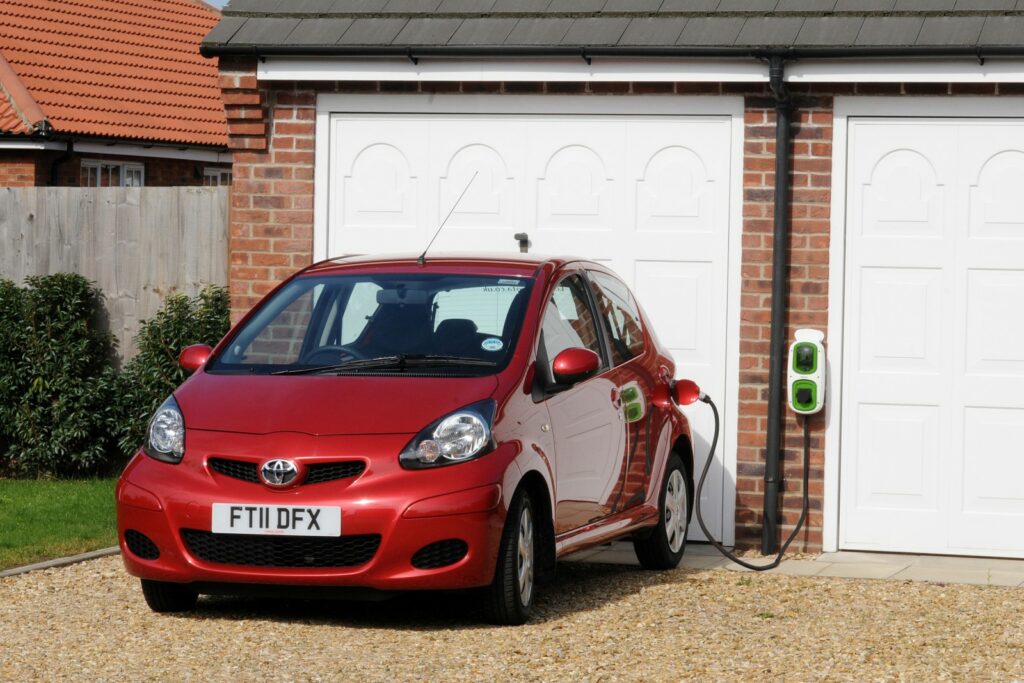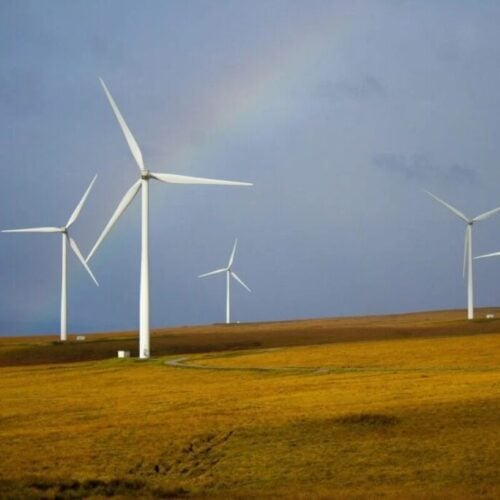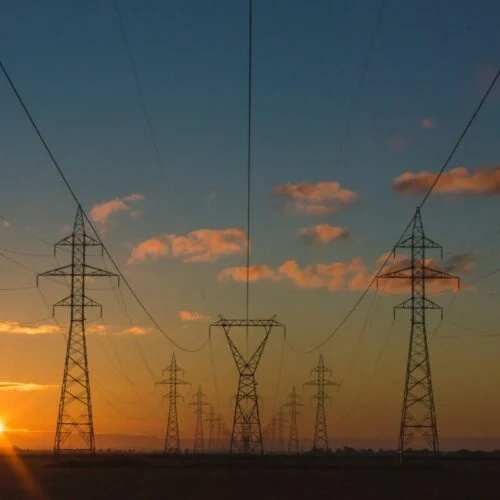The uptake of electric vehicles could be double government estimates as early as 2020 according to new research by Baringa Partners, which has called on policy makers to address issues around the integration of potentially soaring levels of EVs into the energy system.
The consultant’s research found that nearly a fifth (18%) of people said they would consider buying an electric vehicle for their next car, which could see electric cars make up double the 9% of UK fleet expected by government by 2020.
According to the most recent figures released by the Office of Low Emission Vehicles, there are over 100,000 hybrid and pure electric vehicles on UK roads currently. Forecasts vary on how quickly this will grow, however distribution network operator (DNO) Western Power Distribution recently predicted one million by the end of the decade.
This level of uptake is expected to have a huge impact on local grids, with the same WPD’s Mark Dale recently suggesting that a purely electric vehicle travelling 10,000 miles a year could double the energy consumption of the home it charges from.
Oliver Rix, Partner at Baringa Partners, said: “To really boost the number of electric vehicles on UK roads, the government will need to produce a convincing long-term road map to demonstrate how it intends to ensure that an acceleration in uptake can lead on to mass deployment.
“Bolder and clearer policies are needed to address issues such as the impact on grids, integration with the energy system on a large scale, and interplay with autonomous vehicles, which could fundamentally change car use. These policies will, in turn, impact on the uptake of electric vehicles and electricity network infrastructure.”
However, the survey also found a number of barriers continue to stand in the way of mass market adoption, particularly around a lack of education within the consumer market. It found that almost a third of people believe EVs will never overtake conventional cars due largely to their perceived cost.
Rix added: “The cost of electric vehicles has been a turn-off since the start. But we’re now at a point where they’re becoming much more affordable; indeed, we predict that electric vehicles will become cheaper than diesel cars by 2022 and on a par with petrol ones by 2023.”
Around half the cost of an EV is down to the battery, which have seen prices fall by up to 80% this decade according to a McKinsey & Company report earlier this year.
Baringa also found that a significant proportion (55%) of people are concerned about not being able to travel far enough to reach the next charging point due to poor range – however this is also improving with new models every year.
In addition, the Highways Agency is committed to a £15 million infrastructure programme designed to ensure that drivers are never more than 20 miles from a charging point on the UK’s A roads. Similarly, measures announced in the recent Queen’s Speech will see motorway services compelled to install a number of chargers for electric vehicles to supplement those already in place from Ecotricity with its Electric Highway, and other charging network providers.
Measures like these, as well as high profile firms like Tesla rolling out its cheapest model into the UK next year and Volvo pledging to produce electric vehicles (EVs) and hybrids only by 2019, Baringa believes the tide could be turning for electric vehicles.
Rix said: “We are on the verge of a revolution in personal transport. The next generation may find it hard to believe the level of pollution and risk we currently submit ourselves to on our roads.
“We’re now seeing big companies like Volvo sensing this change in public perception and putting their money and brand influence behind them. With greater public awareness around the environmental impact of petrol and diesel, and a wider variety of electric vehicles to choose from, the only way is up.”






